Learn : Behavior & Training
Why Do Dogs Eat Their Poop?
A dog is one of the most intelligent animals on earth. His ability to learn new behaviors, solve problems, and work in groups is clear evidence of both deep intellect and highly-developed social skills. In fact, compared to the other most common household pet, the cat, dogs have more than twice the number of cortical neurons (thought to be key to mental processing) by a margin of about 520 million compared to 250 million.
Dogs, however, have been known to exhibit a certain behavior that causes deep concern and disgust in their parents: eating feces, known as coprophagia. If a dog is so smart, why would he eat something most people find deeply repulsive? And more importantly, how do pet parents stop it?
How common is coprophagia? And is it harmful?
In the animal world, coprophagia is not uncommon. Young elephants, giant pandas, koalas, and hippos are born with sterile intestines and must eat the feces of their parents to build up gut flora necessary to properly break down plant materials they ingest. Rabbits produce two types of poop: hard droppings and softer pellets called cecotropes. If you stopped a rabbit from eating the cecotropes, adults would likely develop health issues, and juveniles would fail to develop properly. More research is needed to understand whether coprophagia could offer similar benefits in dogs, such as re-introducing beneficial gut flora after a dog has been sick.
Normal canine behavior includes a fairly well-developed aversion to stool, which is why dogs are fairly easy to house train. Mothers with puppies may eat feces left by her puppies to reduce the vulnerable pups from being exposed to harmful pathogens and parasites, but the behavior usually stops once the pups learn to poop elsewhere. While some pups may mimic the mother’s behavior, most outgrow the urge well before reaching adulthood. Only one in six adult dogs are considered “serious” poop eaters (observed eating poop at least five times), and one in four have been caught at least once.
While eating feces may expose your dog to harmful parasites and pathogens, the odds of a serious health issue stemming from a poop snack are relatively low. The risk of spreading bacteria and parasites grows, however, if your dog spreads the material around your home or any space that you and others occupy frequently, or if he gives you a kiss soon after ingesting the stool.
So why would my dog eat poop?
While there is not a wide body of research into the root causes of coprophagic behavior in dogs, we do know a lot about canine anatomy and instincts and how they shape day-to-day behaviors.
It is important to understand that while dogs have a much keener sense of smell than humans, what we perceive to be good or bad smells are something different altogether to a dog. While we may recoil from certain substances in stool, to a dog the droppings tell a far richer story. Each sniff can help a dog identify who made the dropping, what they ate, and much more.
As noted, dogs are typically averse to feces within or near his living area. Even dogs exhibiting coprophagic behavior tend to keep their sleeping areas clean. Some have theorized that coprophagia could be a sign that the dog is not properly absorbing all of the available nutrients in his food. In this case, with its keen sense of smell, the dog might detect that the feces still offer nutritional value.
A similar theory notes that dogs developed as scavengers, eating a wide range of items that would repulse humans but still offer substantial caloric value. Facing starvation, the animals may have turned to eat feces to survive. The habit could also have developed as a method of pushing back against a rival animal or pack attempting to take over a dog’s territory. Dogs frequently defecate to mark their own territory, and by removing the offending animal’s poop, a dog could reclaim the space as his own.
Other theories note that the behavior could be a reaction to stress, changes in the dog’s environment, or simply an attention-getting tactic.
In a 2012 study presented at the American Veterinary Society of Animal Behavior conference, a team led by Benjamin Hart from the University of California at Davis studied what it saw as the “paradox” of canine coprophagic behavior. At the start of the study, the team began with two distinct hypotheses.
The first theory was that coprophagic dogs exhibit abnormal behavior as a result of a weak aversion to stool. This could be rooted in a dietary deficiency or malabsorption of nutrients, as noted earlier, or it could be a result of recognized compulsive behavior. In this case, the team theorized that some of the commercially-available products created to curb feces-eating would prove beneficial at least in some cases.
The second theory stated that coprophagia is rooted in innate behavioral tendencies tied to the dog’s ancestral forebear: the wolf. The theory goes on to hypothesize that while healthy adults would keep feces far away from living quarters as normal, sick and elderly members of the pack may not. By eating stool, the animals would clean the living area and reduce the risk of fecal-bound parasites affecting the pack.
Eating feces to avoid fecal-bound parasites may sound counter-intuitive, but the study results show that the practice may be quite effective. Most parasites found in fecal matter do not hatch for a few days, and the vast majority of dogs that exhibit coprophagic behavior tend to prefer feces that is two days old or newer.
Other data collected by the study also tends to support the second theory, though more research on the subject would be helpful. Additional study results include:
- 62% of dogs who eat poop do it daily, the rest do it weekly
- The vast majority of dogs (more than 80%) do not eat poop that is more than 2 days old
- Dogs in multi-dog households are more likely to engage in the behavior
- Poop-eating dogs were just as house-trained as normal dogs, meaning that they still did not want to poop where they lived
How do I stop my dog from eating poop?
The first thing to remember is that what may be disgusting to pet parents, occasional poop snacks are unlikely to present a health problem to you or your dog. If you observe your dog eating feces more frequently, talk to your vet. Any abnormal behavior including coprophagia could be a sign of more significant health or emotional issues.
Commercial products and home remedies (such as adding pepper sauce to poop) seem to have little effect on coprophagia, and in some cases could exacerbate the issue. If you usually use these techniques but miss some droppings that the dog finds, he may begin to think it is a game and he has found the prize.
Certainly, getting upset and yelling at your dog will do nothing productive. The dog likely will not understand why you are upset, and the added stress and emotion could exacerbate the issue further.
No one really knows for sure why dogs eat poop. And the root causes likely vary from dog to dog. Do what you can to feed your dogs a healthy diet, keep them entertained and exercised, and make sure you keep regular vet check-ups. If you are doing all of that, those off-putting snacks will be a blip in an otherwise happy and healthy dog’s life.


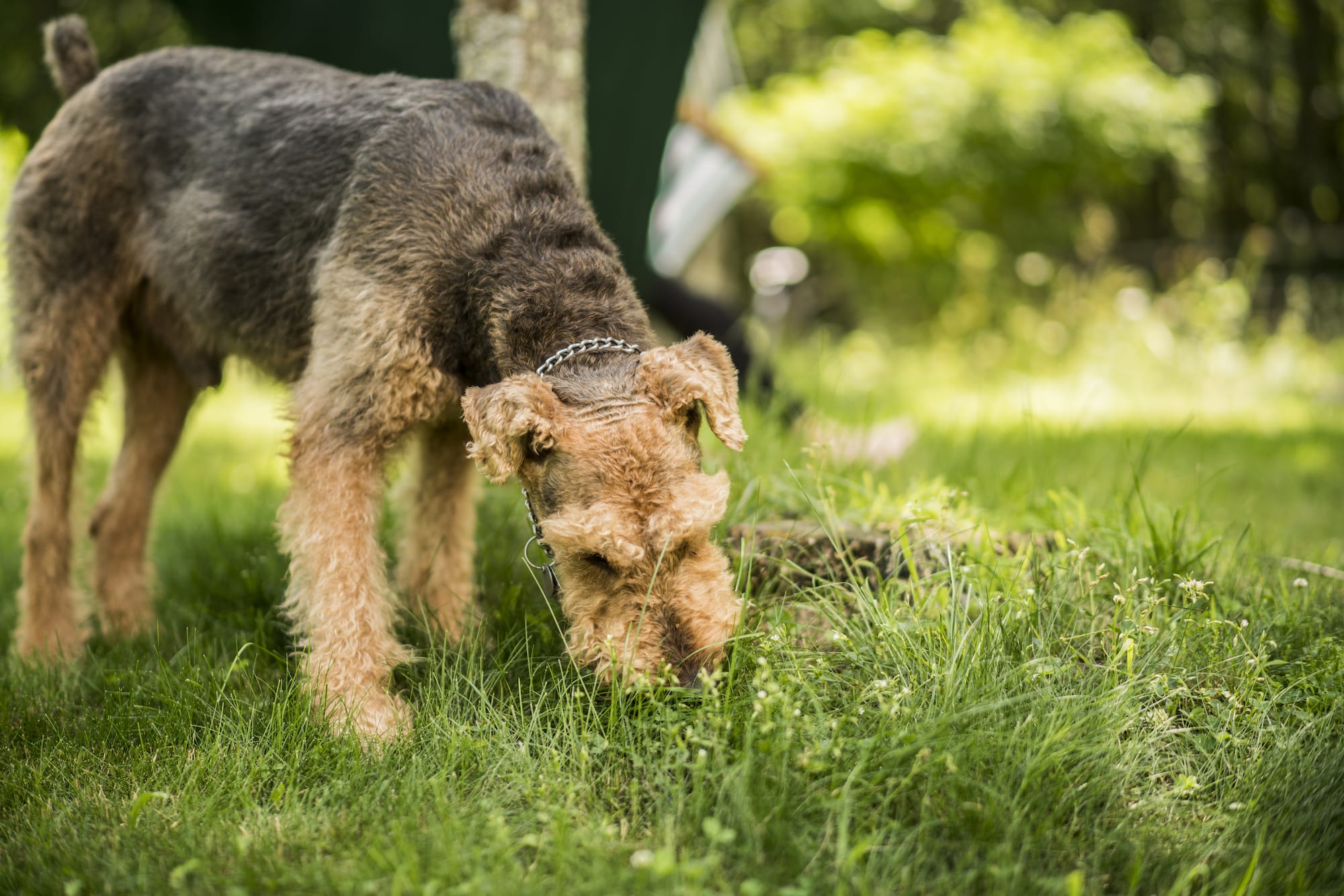
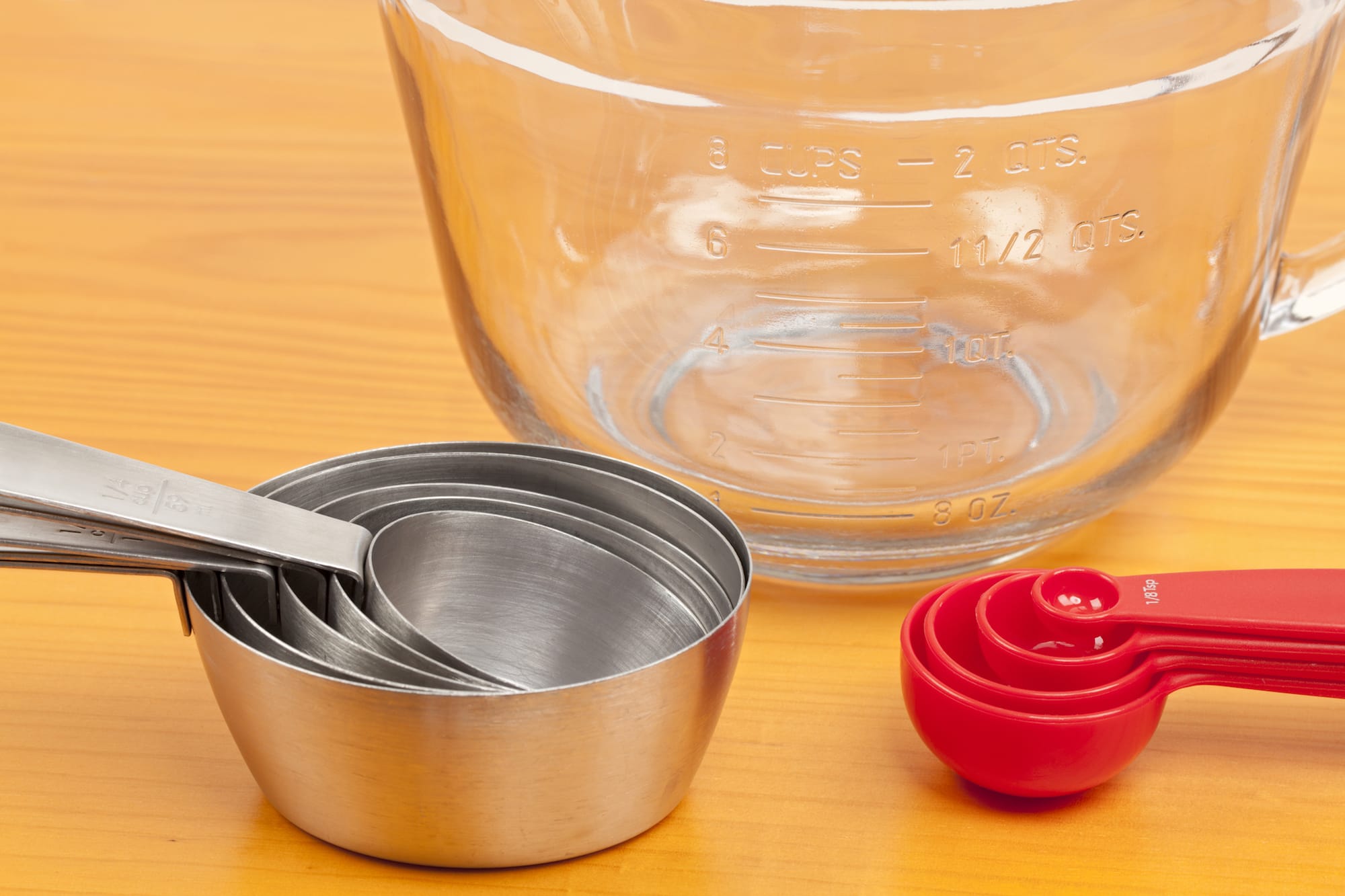 Determining Dog Food Portion Size
Determining Dog Food Portion Size
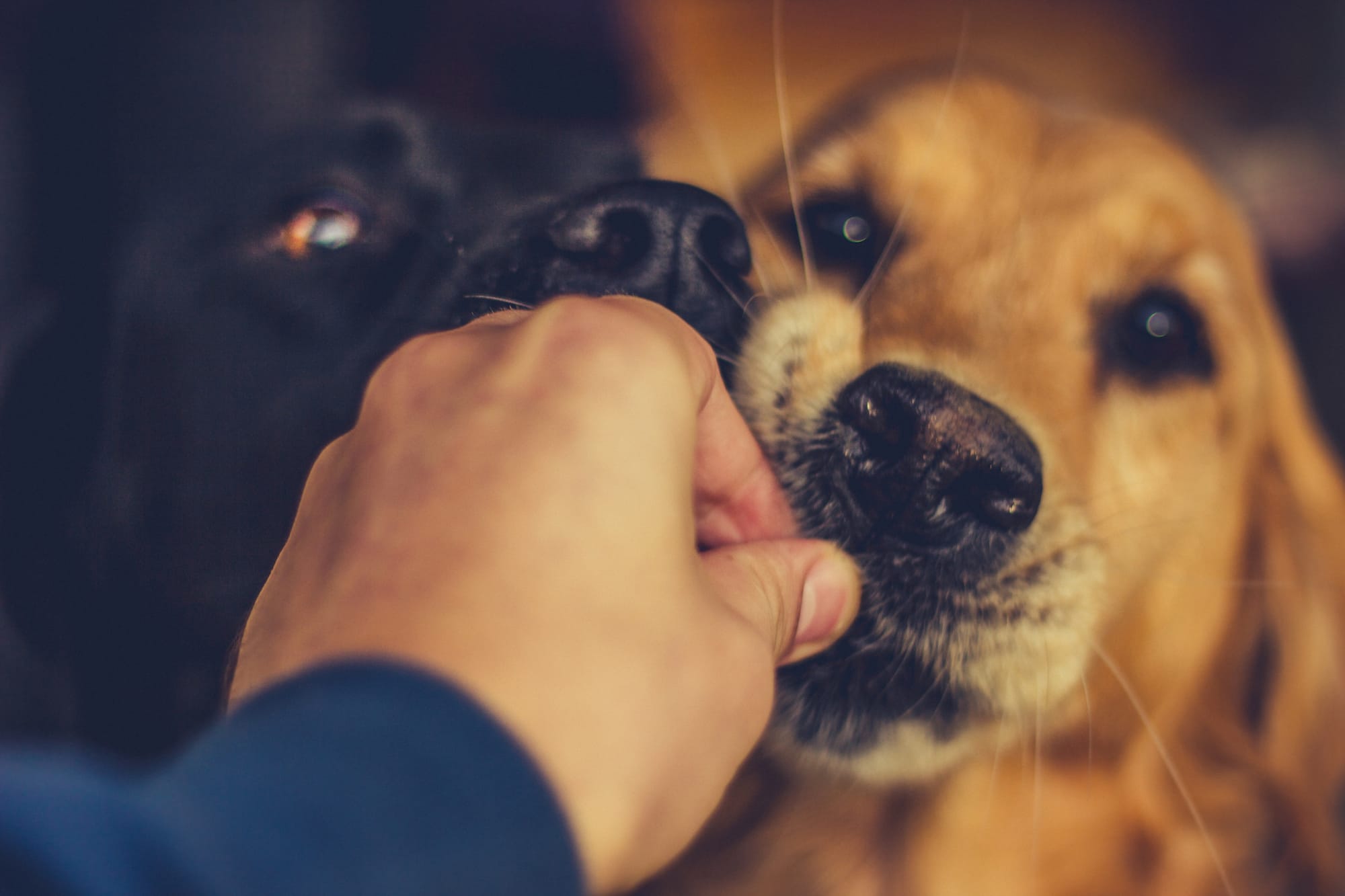 Ways to Help My Resource Guarding Dog at Mealtime
Ways to Help My Resource Guarding Dog at Mealtime
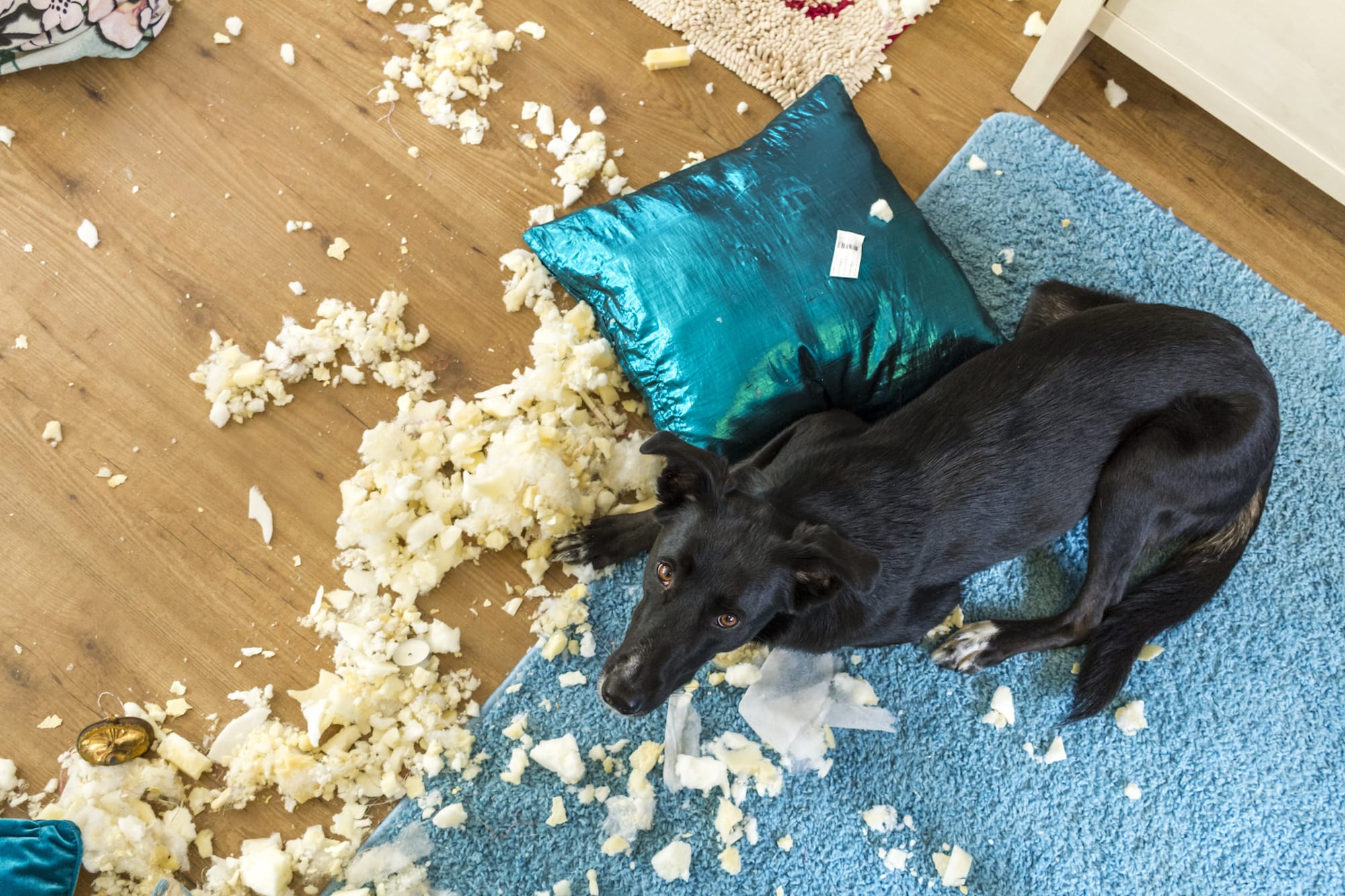 Why Did My Dog Destroy My House?
Why Did My Dog Destroy My House?
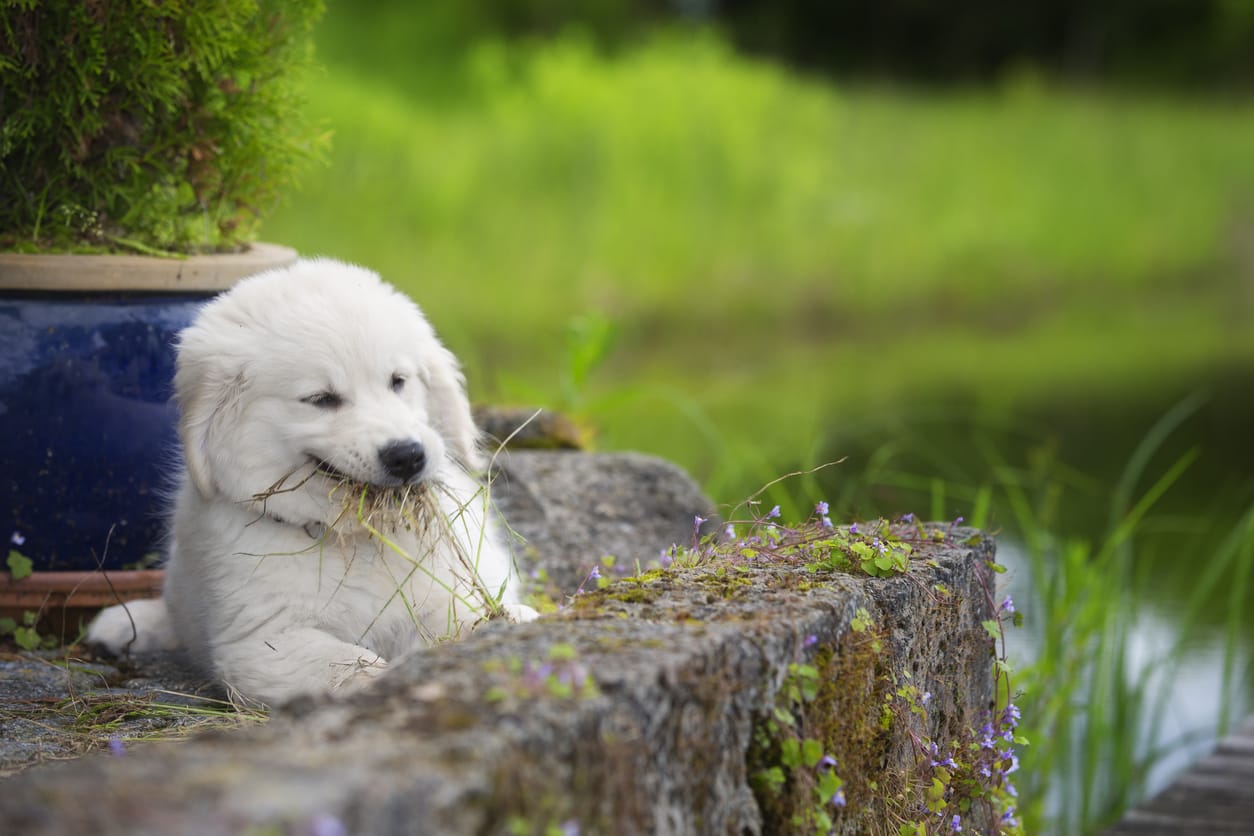 Why Does My Pet Eat Grass?
Why Does My Pet Eat Grass?
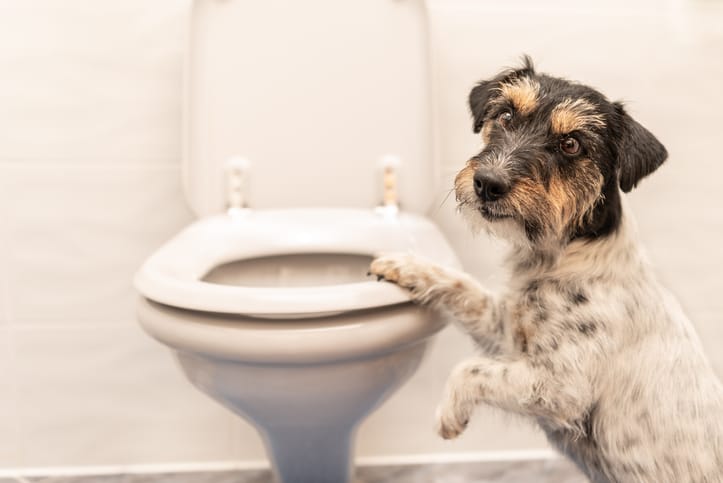 A Dog's Share (of the Microbiome)
A Dog's Share (of the Microbiome)